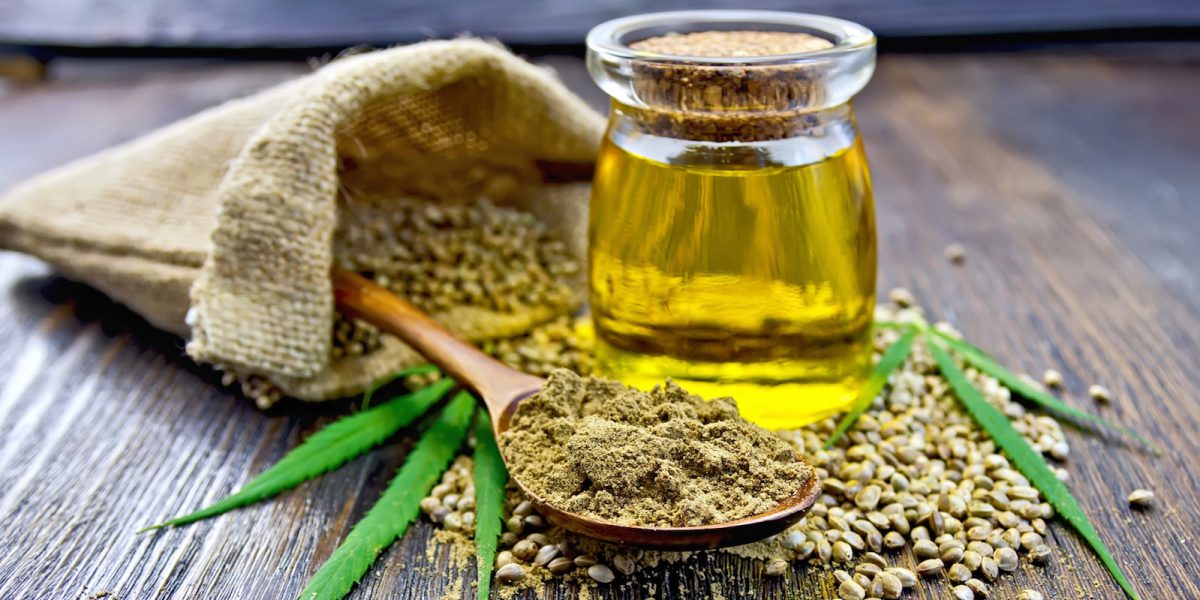Hemp, coconut and gold: future acne treatments?

From hemp oil, coconut oil and gold nano-shells to wearable light therapies, the future of acne treatments may not be limited to creams and tablets.
All About Acne’s Dr Phillip Artemi took a closer look at ‘what’s around the corner in acne’ when he recently presented at the Australasian College of Dermatologists annual conference.
Hemp oil for acne
The legalisation of hemp for consumption in November last year has resulted in the Australian market being inundated with new hemp related products, one of which is hemp oil.
Hemp oil is produced from the seed of the Cannabis Sativa plant. The main ingredient found in hemp oil is cannabidiol. Hemp oil contains less than 0.3% of THC (tetrahydrocannabinol) which is the chemical that provides the ‘high’ associated with smoking marijuana.
According to Dr Artemi, some small studies have shown the anti-inflammatory properties of hemp oil may have some benefit for acne and further clinical trials are currently underway.
Coconut oil
Coconut oil on its own is actually comedogenic, meaning it can trigger acne breakouts, but a substance found in virgin coconut oil, lauric acid appears to kill p acnes, the acne-causing bacteria.
“This substance is believed to provide continuous protection against acne bacteria without the irritation or flaking associated with traditional over the counter products. The challenge is that this substance is not water soluble so it cannot be spread across the skin,” explained Dr Artemi.
“Newer technology, however, appears to be overcoming this problem with products already in the development stage,” he added
Gold nano-shells
It may sound indulgent, the thought of applying gold to your face, but gold nano-shells are a tiny 150 nanometres (1 billionth of a metre) particle and their value is in their ability to absorb substantially more light than possibly any other material. Once nano-particles of gold are absorbed into the oil glands (sebaceous glands), these gold nano-shells are then a target for laser light of a specific wavelength.
“This is a similar process to laser hair removal. A hand-held laser moves over the skin while the gold nano-shells absorb the energy from the laser, vibrate and create heat, in this case, to destroy acne-causing bacteria and overactive oil glands seen in acne,” said Dr Artemi.
A published trial conducted in people with moderate to severe facial acne receiving three treatments one to two weeks apart found inflammatory lesions were significantly reduced at 12 and 16 weeks. Mild and transient redness and swelling was experienced after each treatment.
Wearable Photodynamic Therapies (PDTs)
It’s a fashion accessory with a difference – a knitted fabric with laser qualities to help with acne! Perhaps unsurprisingly, the wearable PDT is the brainchild of the fashionable French.
Scientists have created a textile with optical fibres knitted into it. The system works by covering the person’s acne affected area with a photo-sensitising cream and then covering it with the textile.
“The optical fibres then accelerate a chemical reaction within the cream leading to activated oxygen substances which reduce the bacteria and inflammation associated with acne,” explained Dr Artemi.
“A clinical trial in Germany has found the wearable PDT to cause minimal pain and redness compared to traditional photodynamic therapy but it is very early days and we are still waiting for the trial results to be published,” he added.
Proof is pivotal
“While it’s interesting to see what some people are exploring for acne treatments, none of these are recommended by medical professionals,” cautioned Dr Artemi.
“Much more research is required and multi-centre, randomised placebo-controlled studies need to be published. For now, the best acne treatments are still those discussed and recommended by your pharmacist, GP or dermatologist,” he concluded.
